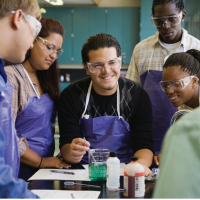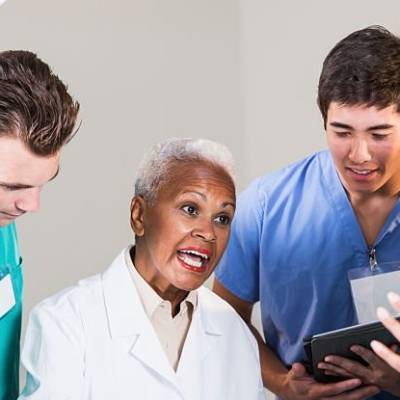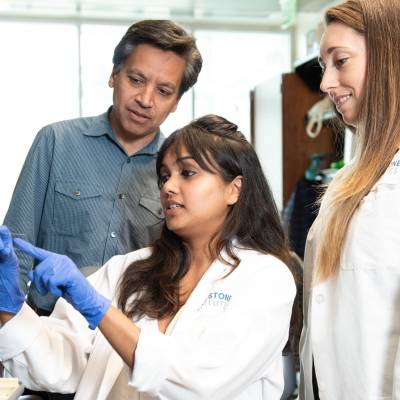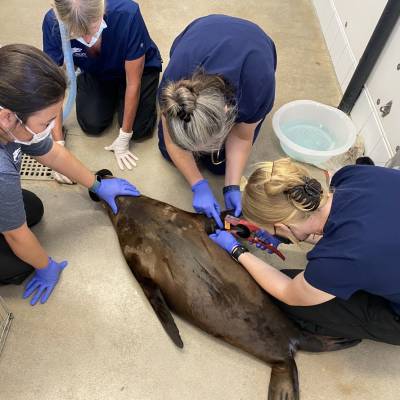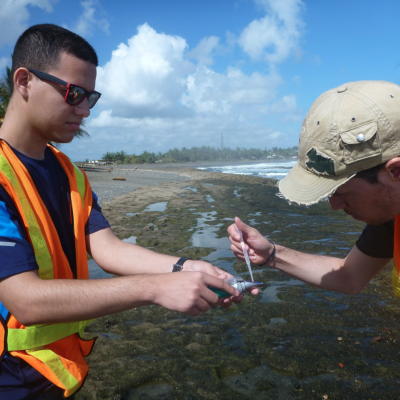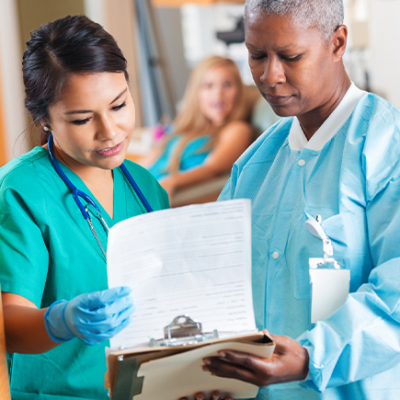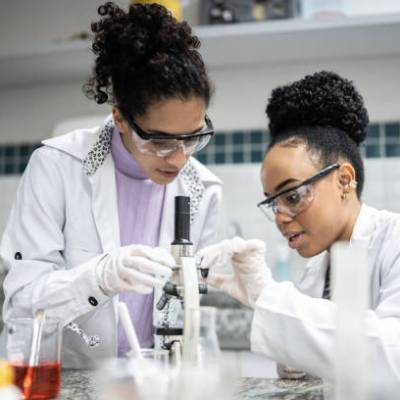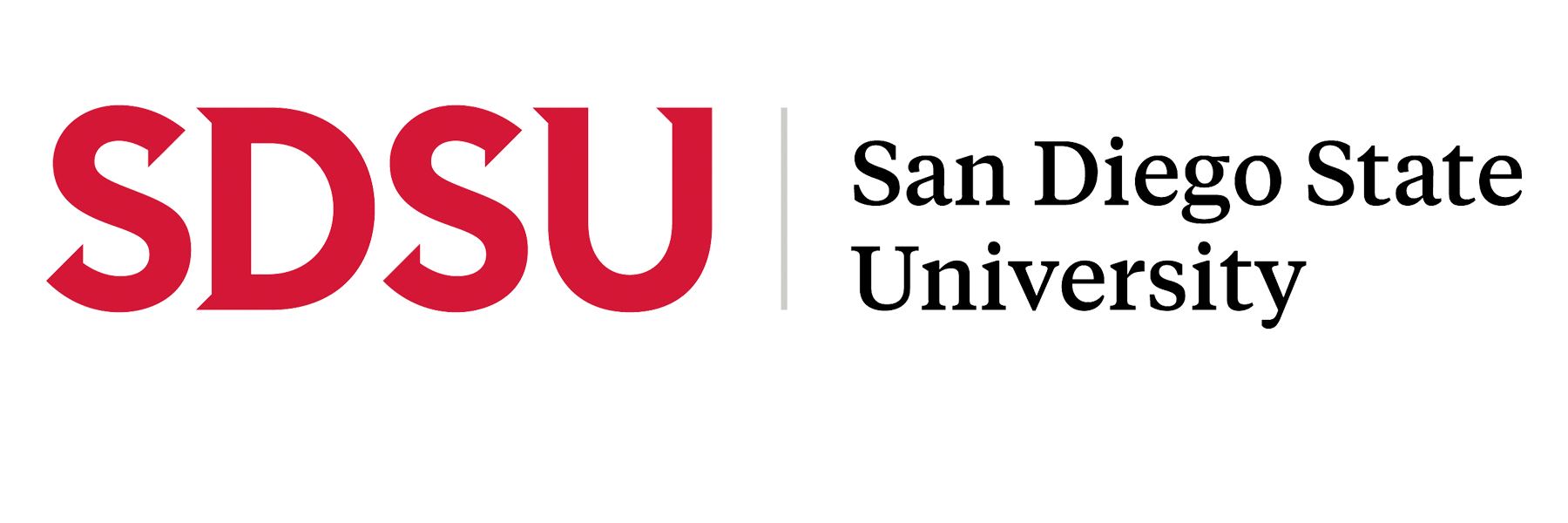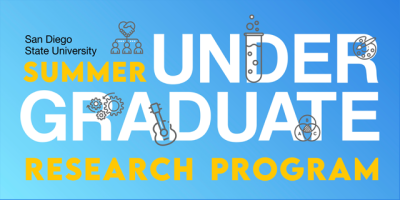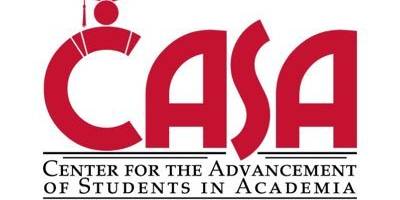Research and Equity Scholarship Institute on Student Trajectories in Education
WHAT IS EXPERIENTIAL LEARNING?
There are many different types of experiential learning activities that students may engage in at HSIs. In this study, we are hoping to recruit students who have participated in either undergraduate research or work-based experiences. We provide some examples of both types of experiential learning activities below. If you are unsure if your experience counts as experiential learning, please email: education.HSISTEM@sdsu.edu.
Undergraduate Research Experiences
Research experiences may include: course-based or lab-based undergraduate research experiences, National Science Foundation Research Experience for Undergraduates (NSF REU), or other research experiences collaborating with professionals and practitioners in the field (e.g., community-based or community-sponsored research with non-profit organizations, city municipalities, etc.)
Work-Based Experiences
Work-based experiences may include: internships (e.g., working with STEM industry professionals in a local company), externships, apprenticeships, or other STEM industry interactions
APPRENTICESHIP
Provides participants with paid opportunities to learn a specific trade, skill, competency or profession with the assistance of practitioners
CLINICAL EXPERIENCE
Participants receive hands on training and experience in a clinical setting offering direct patient care
CO-OP
Participants are offered academic credit as they gain full-time experience on the job
EXTERNSHIP
Working with a professional in the field to observe and better understand daily responsibilities and activities
FIELD EXPERIENCE
Experiential learning that couples academic coursework with experience working in the field (e.g., observations, interactions with others in the discipline, hands-on activities)
INTERNSHIP
Participants learn practical skills and gain experience in a professional setting, allowing them to apply knowledge and theories learned in the classroom.
PRECEPTORSHIP
Supervised by an expert/specialist in the course/program, participants engage in practical training.
RESEARCH
Experiential learning which often involves collaborating with faculty to conduct a systematic investigation resulting in “an original intellectual or creative contribution to the discipline" (Council for Undergraduate Research).
Some examples of experiential learning at SDSU

